US academic: Chinese Americans and racial discrimination in the US
Academic Wu Guo notes that ethnic politics is fundamentally a narrative and institutional tool dominated by the ethnic majority. He looks at how white elites in the US shaped the politics of demographic categorisation and identity labels in the country and at their attempts to stir up identity politics in other countries. He asks: are the very people classified as "people of colour" aware of these issues or are they just as guilty of racism and having a tendency towards "social Darwinism"?
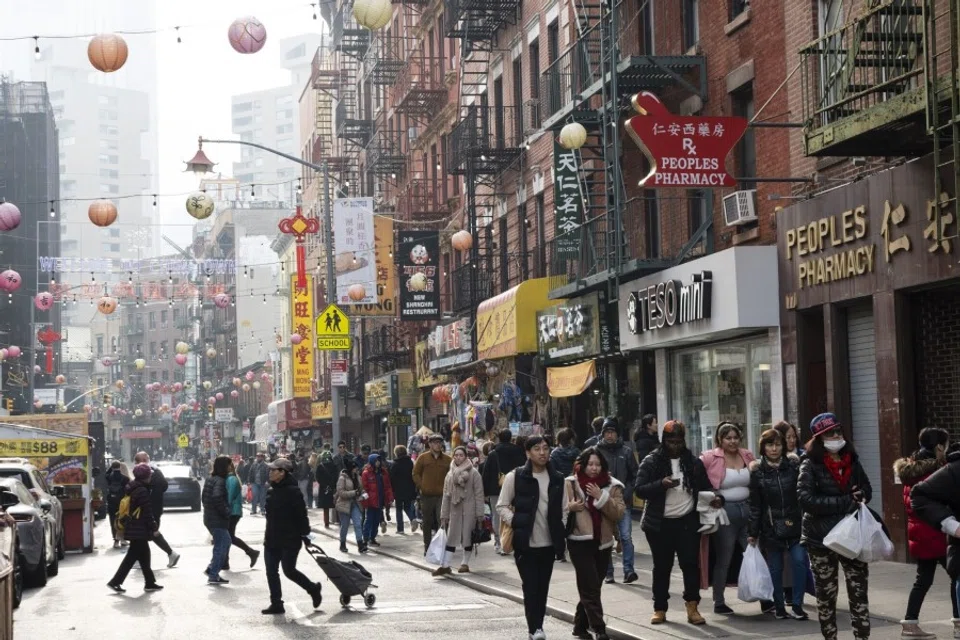
With more than 20 years under my belt, my time living in the US has almost surpassed my time spent in China. Undoubtedly, all Chinese or Asians living in the US must face the unavoidable issue of America's diverse culture and ethnic politics.
Admittedly, my perspective on ethnic issues, especially when it comes to African Americans or Black people, may differ from the majority of Chinese Americans. However, I believe that there remain some misconceptions in the racial views of most Chinese Americans.
All classifications are political
Ethnic politics is fundamentally a narrative and institutional tool dominated by the ethnic majority. In the US, the classification of race and ethnicity itself is formulated by white elites. Many white elite anthropologists consider themselves spokespersons for China's ethnic minorities but never seem to take into account the racial and ethnic divisions within the US, which is equally ambiguous and frustrating for non-white individuals.
Some questions arise when filling out personal information for forms in the US: why are Asians often subdivided by their country of origin but not the European whites? Why aren't Jewish people listed separately? And why do the forms ask whether one is "Latino or Hispanic"?
In fact, two colleagues who do not look Jewish told me in confidence that "I am Jewish", perhaps to bridge the gap with me as a "Chinese". Or perhaps deep down, they do not consider themselves absolutely and unquestionably white. But while most Americans may not delve into the intricacies of these issues, I can only say that all classifications are political.
... in the minds of minority children in China, being Chinese and belonging to a specific ethnic group is not mutually exclusive but a naturally integrated identity.
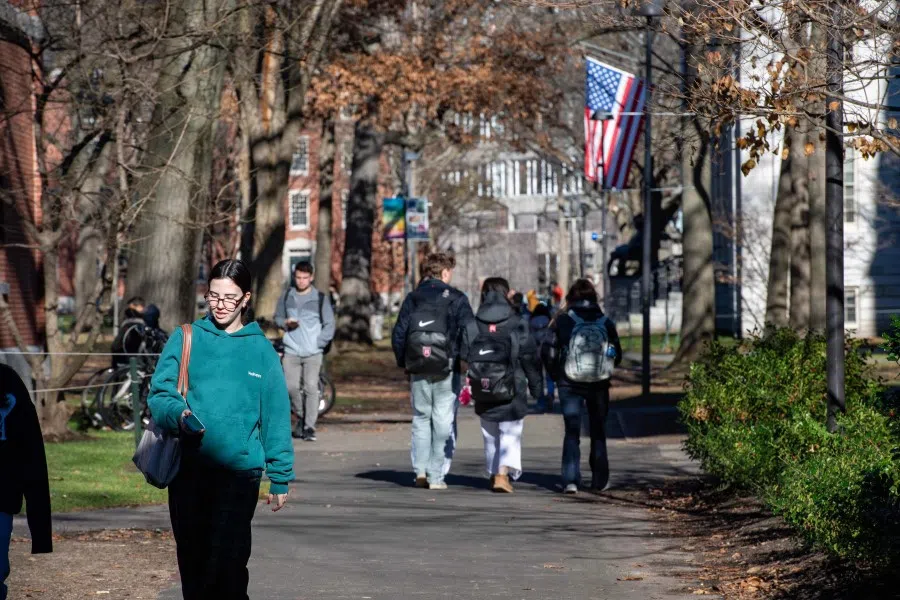
Meanwhile, when American anthropologists (who are almost without exception elite scholars from prestigious institutions and predominantly of Caucasian descent) conduct fieldwork in China, they are particularly enthusiastic in stirring up individuals from minority ethnic groups, including underage students, to think about their ethnic identity and the "contradictions" between being a member of a minority group and being Chinese - presumed and preconceived "contradictions" that are constructed by the anthropologists.
For example, some academics question Chinese minority students about whether they consider themselves as "members of a certain ethnic group" or "Chinese", completely disregarding the fact that, in the minds of minority children in China, being Chinese and belonging to a specific ethnic group is not mutually exclusive but a naturally integrated identity. This is not to mention the issue of going against prevailing social science research ethics in the US.
Classifying 'professors of colour'
I have witnessed a few times strong resistance from minority scholars against such stirring to be the "spokespersons for Chinese minority groups". The first instance occurred during an interview with a Zhuang scholar from Guangxi, who practically cussed a blue streak when a work by an American scholar mentioned the artificial "creation" of the Zhuang people. In another instance, in a WeChat group, a Miao scholar recounted confronting someone in Europe who insisted that "Miao" was a concept fabricated by the "Chinese", leading to a heated rebuke that left the offender "collapsed on the couch".
The issue exposed here is that American white academic elites are indifferent towards whether racial and ethnic divisions in the eyes of minority groups in the US make sense, or towards the fact that in American universities even today, non-white colleagues (primarily Asians and Africans) are still legally labelled as "faculty of colour". They are indifferent towards whether the colleagues being labelled accept, appreciate, doubt or reject the label. In short, "professors of colour" are like coloured metals, unable to escape their attributes.
... as well as moral posturing in China sympathising with ethnic minorities, are in fact just moves to satisfy the white elite's desire to wield power, manipulate the situation, and occupy the moral high ground.
I met a Chinese American female professor who smugly recounted how she berated African American students, spouting things like "Others do not dare to mess with you, but I'm not afraid of you". I am curious how she views her own identity when she must also come to terms with being a faculty of colour, accept some "goodwill" or attend a pizza lunch exclusively for faculty of colour. In snapping at black students, does she see herself as daring to break the "politically correct" taboos of white professors, because she is herself a person of colour? Or does it come from deep-seated prejudice?
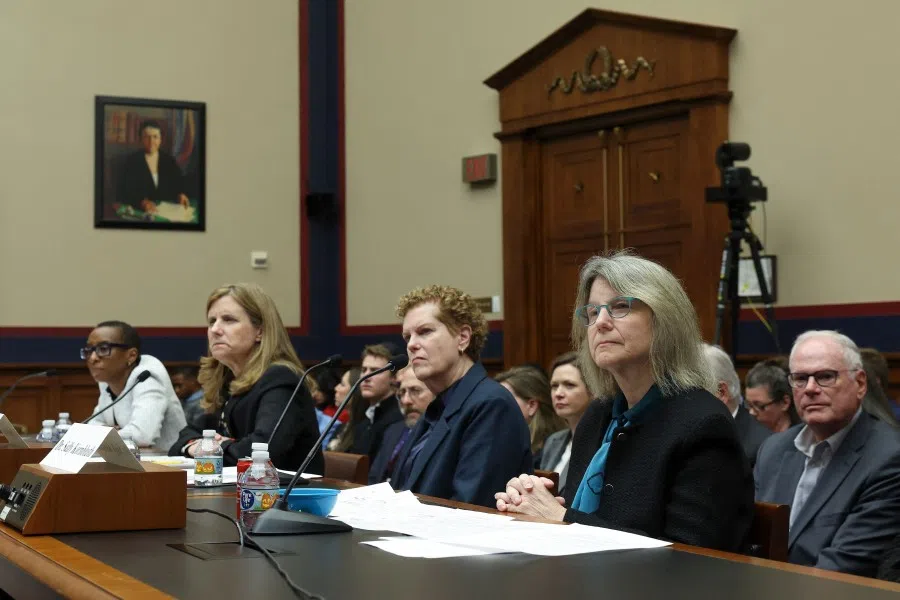
In my view, all the politics of demographic categorisation and identity labels, as well as moral posturing in China sympathising with ethnic minorities, are in fact just moves to satisfy the white elite's desire to wield power, manipulate the situation, and occupy the moral high ground.
It is quite simple - when these white elites who attempt to become spokespersons for Chinese ethnic minorities are met head-on by Chinese ethnic intellectuals, the former should reflect on whether the elite of Chinese ethnic minorities are better suited to represent their own narrative and determine their own identity, rather than a white American anthropology professor who has done fieldwork during the summer holidays, with a smattering of Mandarin and just a few months of studying the ethnic language under their belt.
Educated black people are more sincere
In fact, in this situation, African Americans in the US have long been under the absolute dominance and authority of whites. Only through the dual struggles of Martin Luther King and Malcolm X, one peaceful and the other violent, did African Americans gain a foothold and some degree of moral guilt from whites.
Even so, tacit discrimination can be found everywhere. I have heard a retired white female professor lamenting the challenges she faced becoming a "female history professor", even as she made a comment that the new black professor was no threat (although he was black). The female professor was a victim of gender discrimination at the time, but when her job was done and she was about to retire, she critiqued a black male academic from a racially superior position, showing that the prejudice is deeply ingrained in her heart.
The black history academic himself does not shy away from acknowledging that he is more likely to be stopped by the police on the highway, knows well the stereotypical image of smiling black people in black history, and sometimes has to adopt the "cool pose" expected by society, which is basically still dominated by the white elites.
... most perpetrators of indiscriminate mass shootings are white - antisocial white extremists who are unable to do well in a system where they already enjoy considerable invisible privileges.
Even if we only look at media-disseminated information, most security incidents and riots involving African Americans in the US clearly stem from economic conditions. Oftentimes, a black person may tragically shoot a Chinese student for a laptop, or loot goods from a mall. However, most perpetrators of indiscriminate mass shootings are white - antisocial white extremists who are unable to do well in a system where they already enjoy considerable invisible privileges.
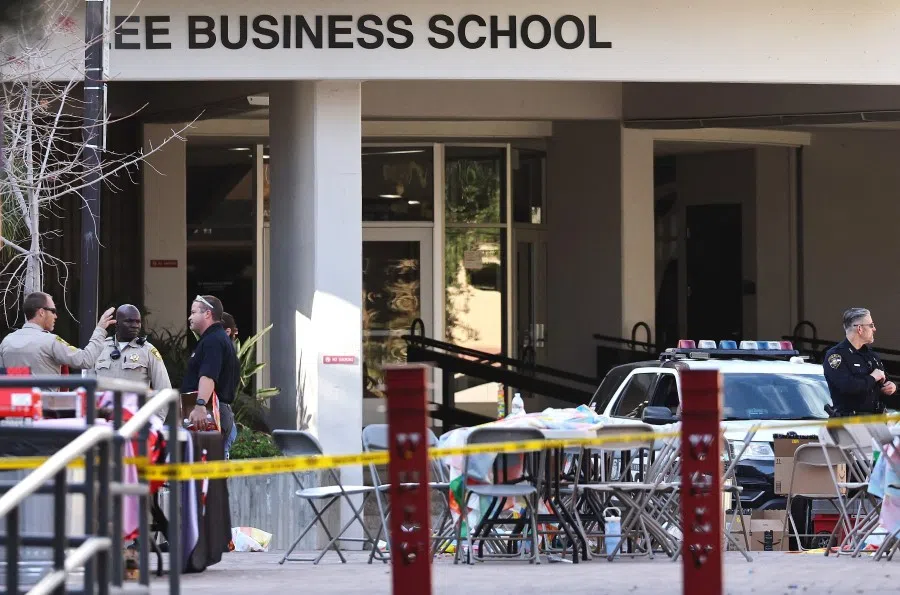
Nonetheless, looting property and mass shootings are not the same. In terms of coping strategies, if a robbery is carried out just to get a laptop to hawk, the victim can give up the computer to save their life (of course, every student and scholar should back up their important files and data).
However, mass shootings are unpredictable, revealing a strong antisocial pathological hatred that is not comparable to the gangster mentality of poverty-driven looting. Nevertheless, many Chinese seem to only see the dangers of collateral damage from robbery, and ignore the terror and unpredictability of mass shootings. Some Chinese elites even stand on the side of the perpetrators, sympathising with the feelings of loss and psychological pressure of white perpetrators.
Reflecting on one's prejudices
Going back to the Chinese American female history professor who thought herself brave for scolding African American students, I can conscientiously say that in my 17 years of teaching in the US, the most disruptive, stubborn and aggressive students have all been white American students.
In this expensive and predominantly white institution, even if African American students do not excel academically, they generally demonstrate a more prudent, sincere and respectful attitude. They value learning opportunities, show genuine interest in the content, maintain decorum even in dissent, and some produce high-quality research papers.
I have never believed in or encountered so-called instances where I fear being "politically incorrect" for giving low grades to African American students, or worry about how the other person will react. In fact, it is often white students who like to argue over the 1 or 0.5 point differences.
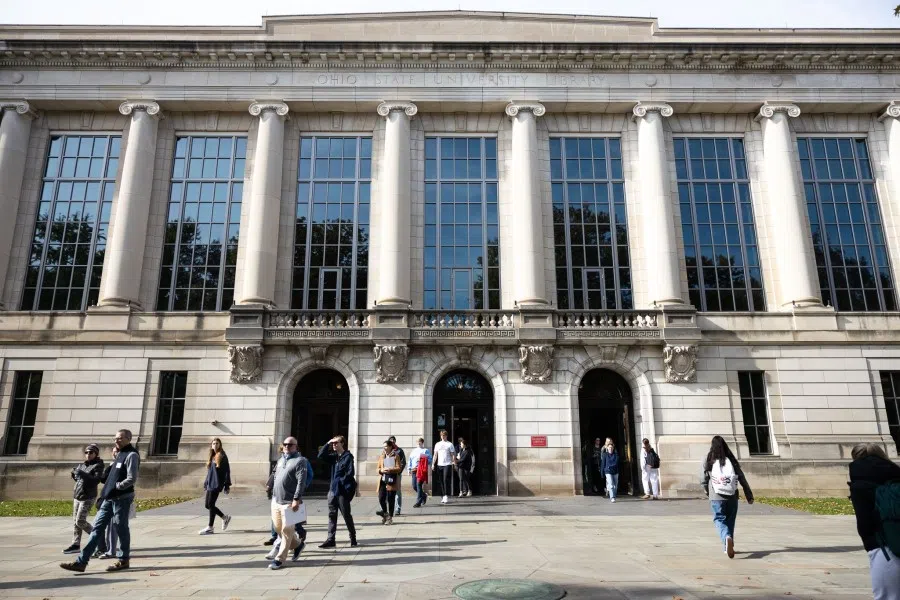
One should say that as long as evaluations are reasonable and fair, every student will accept them. Deliberately "favouring" African American students in a political sense is equally unfair to white students. Giving African American students encouragement works better than harshly criticising them.
The Chinese American community should reflect on its own racism and desire to climb, or in some sense, a tendency towards "social Darwinism".
I have always felt that educated black individuals are more sincere, genuine and reliable than their white counterparts with the same level of education. However, many people do not seem to observe things on that level and only focus on the turmoil among lower-class blacks, contrasting it with the polished appearance of the white middle class.
If we compare lower-class whites with lower-class blacks, middle-class whites with middle-class blacks, college students with college students, emphasising the role of education as a variable, I believe that we can overcome the misconceptions perpetuated by news headlines and gain new perspectives. After all, the news tends to focus on explosive events rather than delving into the nuances of daily life.
The Chinese American community should reflect on its own racism and desire to climb, or in some sense, a tendency towards "social Darwinism". At the very least, the self-identity of being "sub-white" should be awakened by labels such as "professor of colour".
This article was first published in Lianhe Zaobao as "我看美国的种族问题".
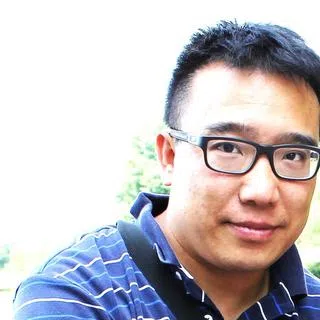


![[Video] George Yeo: America’s deep pain — and why China won’t colonise](https://cassette.sphdigital.com.sg/image/thinkchina/15083e45d96c12390bdea6af2daf19fd9fcd875aa44a0f92796f34e3dad561cc)
![[Big read] When the Arctic opens, what happens to Singapore?](https://cassette.sphdigital.com.sg/image/thinkchina/da65edebca34645c711c55e83e9877109b3c53847ebb1305573974651df1d13a)
